With the task of advising on training and fostering cadres, civil servants and public employees in the whole province, in recent years, the Department of Home Affairs has always closely followed and well implemented the plan of the People's Committee of Binh Thuan province on training and fostering cadres, civil servants and public employees. Thereby completing the entire annual training and fostering program for cadres, civil servants and public employees. Contributing to increasing the quantity and improving the quality of the cadres, civil servants and public employees who are trained and fostered.
Yes and no
It can be affirmed that the training and fostering of cadres, civil servants and public employees in recent years has been implemented in accordance with the plan of the Provincial People's Committee. Cadres, civil servants and public employees in agencies, units and localities are increasingly aware of the position and importance of training and fostering cadres, civil servants and public employees in the new period. Thereby, raising the awareness of learning, training and striving of cadres, party members, civil servants and public employees in the whole province. The coordination between agencies, units and localities in training and fostering cadres and civil servants is quite close and synchronous; implementing well the use and management of training funds as well as the settlement of funds in accordance with current regulations. The training and fostering of cadres, civil servants and public employees has had positive changes in the content of the program and training and fostering methods. Focusing on training according to job positions, skills training, and professional training. The team of lecturers and reporters invited to teach are mostly experienced managers of provincial departments and branches, prestigious lecturers at training institutions in the province, so the content conveyed is close to the actual situation of the locality. Thanks to that, the team of cadres, civil servants and public employees who are trained and fostered has increased rapidly in quantity, improved in quality, gradually forming a team of cadres, civil servants and public employees with standardized professional qualifications from the province to the grassroots, contributing to improving the effectiveness and efficiency of operations, the level of state management, meeting the requirements of the renovation period. The strengthening of international cooperation in the field of training and fostering cadres, civil servants and public employees in recent times has created conditions as well as motivation for domestic training and fostering to develop. Overseas training and research and domestic training with foreign lecturers have been given attention and promoted. The majors selected for training are key sectors and fields in the socio-economic development of the province.
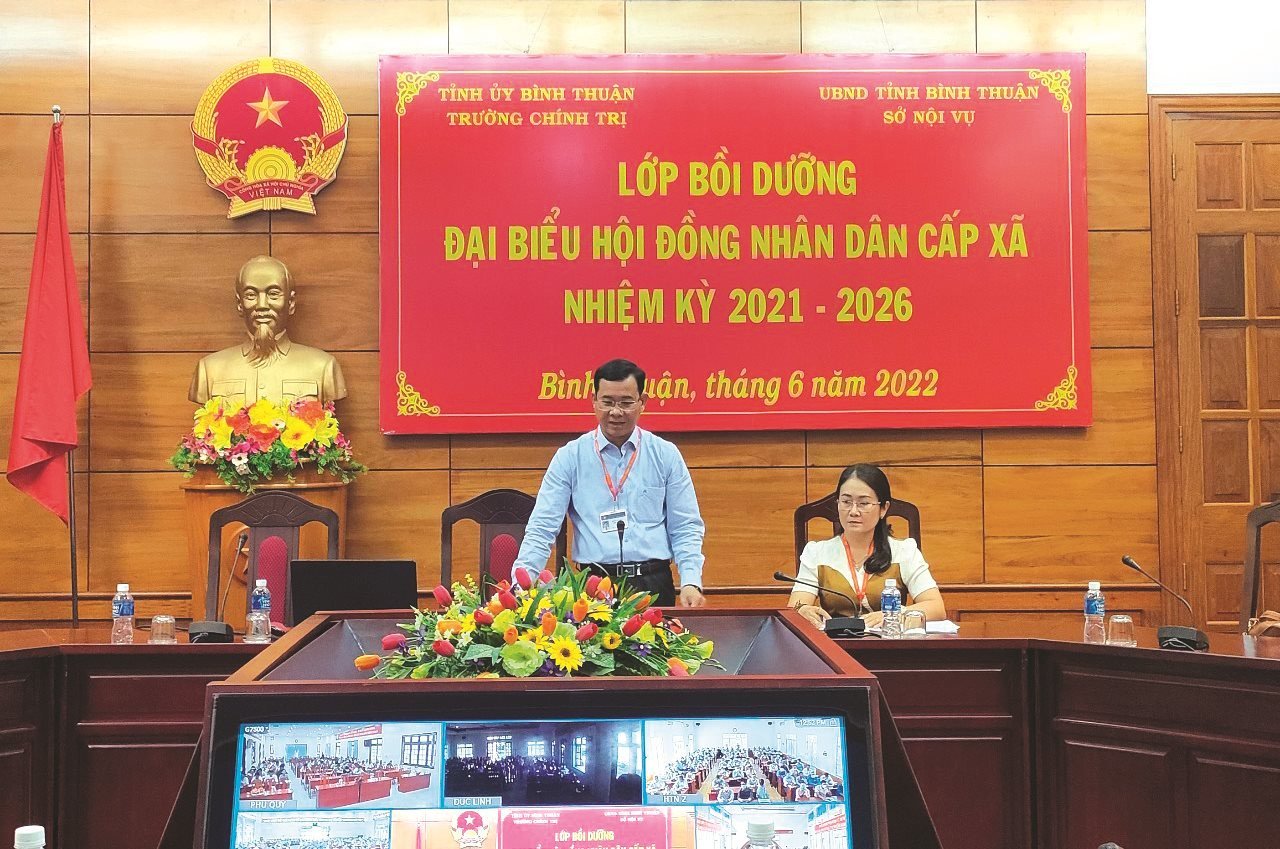
In addition to the advantages achieved, there are still some limitations such as: The staff, civil servants and public employees both participate in studying and complete professional work, so the dedication to training and development is sometimes not high. Although the policy of training and development of cadres, civil servants and public employees has been paid attention to, the local budget capacity is still limited, so it is difficult to support funding for cadres, civil servants and public employees to study. Some agencies, units and localities are still passive in arranging work and time to nominate cadres and public employees to fully participate in training courses. Some training and development programs are heavy on theory, spread out, lack of connectivity, inheritance, overlap in content, lack practicality, and do not focus on training skills and professional skills for cadres and civil servants. Therefore, despite being trained and fostered, some cadres and civil servants are still confused in performing their tasks. Their leadership, management, operation and problem-solving capacity are still limited, and they cannot meet the requirements of the tasks in the new period.
Need to innovate
In order for the training and fostering program for cadres, civil servants and public employees to meet the requirements, the first issue is that the training and fostering programs need to be close to reality, focusing on practical issues arising from the process of performing public duties, and improving administrative skills. Through training and fostering professional expertise and administrative skills, ensure consistency in the operations of administrative agencies, especially in resolving requests from people and businesses. Seriously implement regulations on job positions and the structure of civil servant and public employee ranks to build appropriate titles, standards, job positions and civil servant and public employee structures, as a basis for developing specific, feasible and practical training and fostering plans, ensuring the completion of training and fostering requirements for standard cadre titles and civil servant ranks according to regulations. Training and fostering content must ensure adequate provision of professional knowledge and skills according to public service requirements and regulations according to standards. It is necessary to allocate an appropriate proportion for practical skills in the structure of training and development programs for different subjects so that when encountering specific situations at work, cadres can handle them quickly, promptly and effectively. For the team of leaders and managers, it is necessary to focus on building specialized knowledge content in leadership science, in which there is a deep focus on leadership skills and leadership art to equip them with the necessary knowledge and skills in leadership. Focus on linking theoretical research with summarizing practices, updating new policies and practical experiences in solving specific situations that often occur at the grassroots level to help improve the capacity and qualifications of cadres. Allow cadres to choose appropriate and practical training and development programs for their work needs, thereby creating motivation and a positive and serious learning attitude.
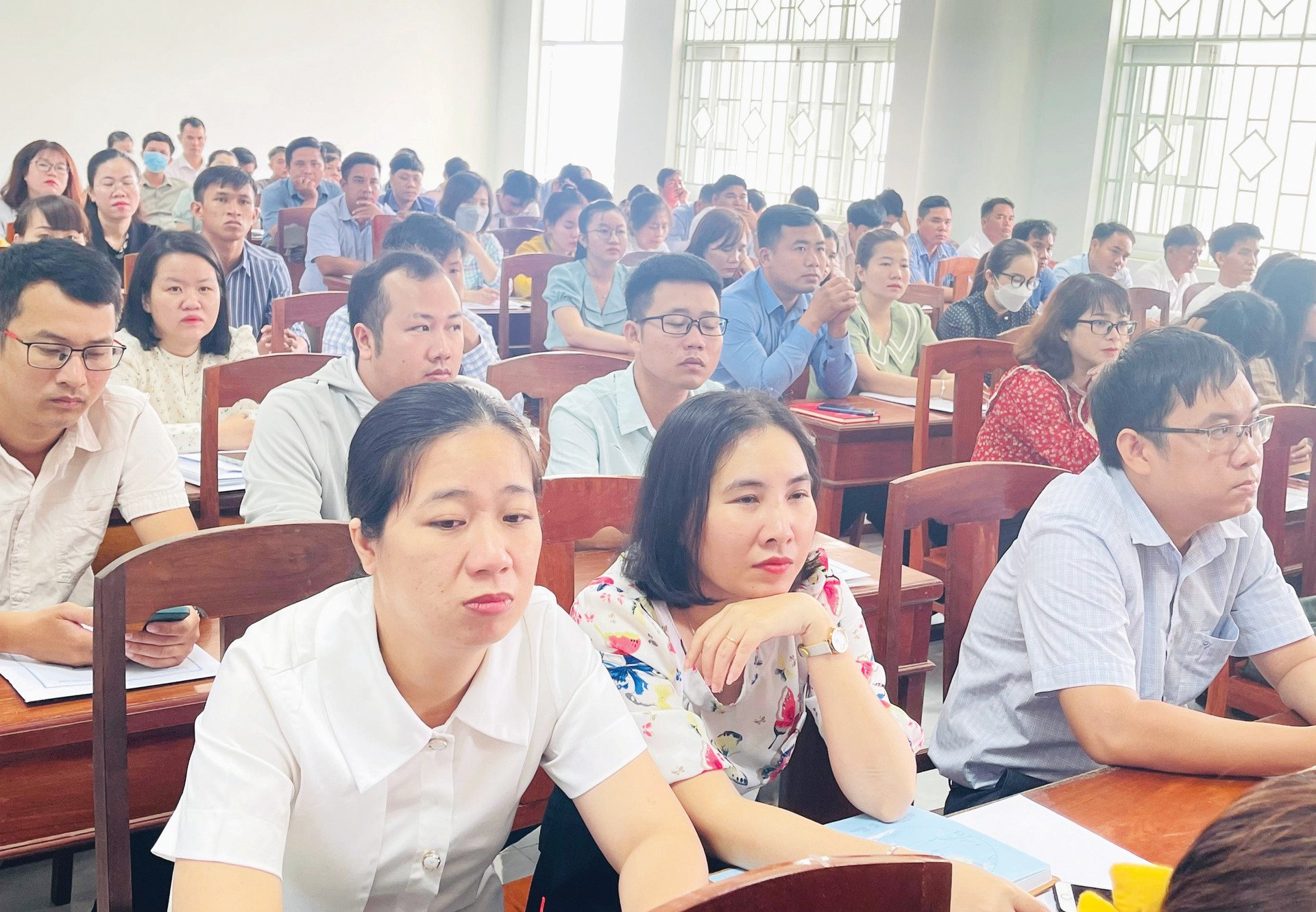
In reality, most of the current cadres, civil servants and public employees have met certain standards, have been through practice, have a lot of work experience, are capable of self-study, self-research, and problem analysis and evaluation. Therefore, it is necessary to orient the content of learning, research, raise problems, situations and guide, suggest, and dialogue to practice methods and skills in problem solving and situation handling. In order for learning to be effective and of high quality, after each lesson, thematic clusters should send students to research, survey the reality, and practice to gain experience with appropriate time. Therefore, it is necessary to innovate training methods in the direction of improving leadership and management capacity associated with the corresponding positions and responsibilities of cadres. Depending on the characteristics of each subject, appropriate methods can be selected, applying advanced teaching methods combined with the use of modern teaching tools and means. At the same time, research and propose additional training and fostering facilities, perfecting the curriculum and training materials for grassroots cadres to closely match the functions and tasks of each subject. The programs and curriculum must be suitable for the training time and different training systems, avoiding duplication of knowledge that causes boredom and waste of time. Along with that, it is necessary to diversify the types of training suitable to the nature and characteristics of regions, areas and ethnic groups, thereby moving towards training and fostering based on the capacity to perform the job, contributing to developing working skills, improving the work efficiency of cadres and civil servants in the coming time.
Source


![[Photo] Ho Chi Minh City residents "stay up all night" waiting for the April 30th celebration](https://vphoto.vietnam.vn/thumb/1200x675/vietnam/resource/IMAGE/2025/4/30/560e44ae9dad47669cbc4415766deccf)

![[Photo] General Secretary attends special art program "Spring of Unification"](https://vphoto.vietnam.vn/thumb/1200x675/vietnam/resource/IMAGE/2025/4/29/e90c8902ae5c4958b79e26b20700a980)
![[Photo] Hanoi is brightly decorated to celebrate the 50th anniversary of National Reunification Day](https://vphoto.vietnam.vn/thumb/1200x675/vietnam/resource/IMAGE/2025/4/29/ad75eff9e4e14ac2af4e6636843a6b53)
![[Photo] Nghe An: Bustling atmosphere celebrating the 50th anniversary of Southern Liberation and National Reunification Day](https://vphoto.vietnam.vn/thumb/1200x675/vietnam/resource/IMAGE/2025/4/29/64f2981da7bb4b0eb1940aa64034e6a7)
![[Photo] Ho Chi Minh City: People are willing to stay up all night to watch the parade](https://vphoto.vietnam.vn/thumb/1200x675/vietnam/resource/IMAGE/2025/4/29/cf71fdfd4d814022ac35377a7f34dfd1)
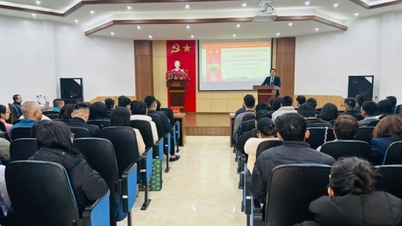

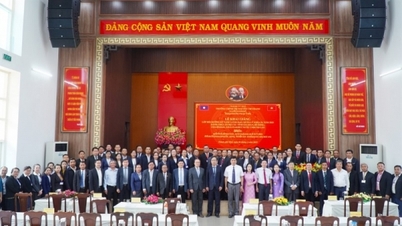



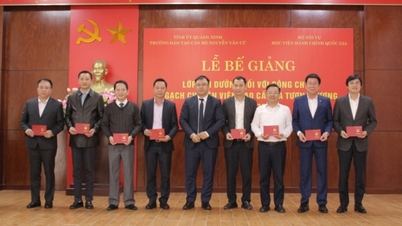




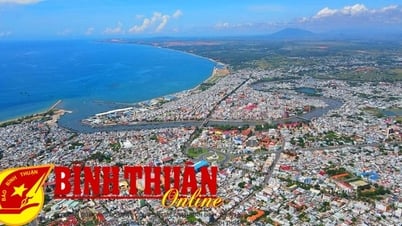
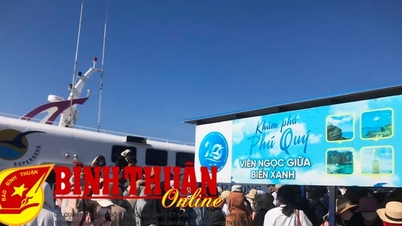












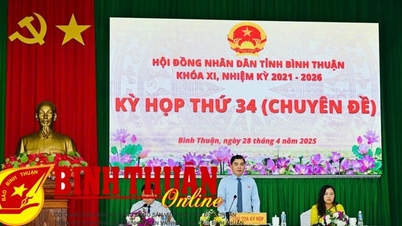
![[Photo] Prime Minister Pham Minh Chinh meets to prepare for negotiations with the United States](https://vphoto.vietnam.vn/thumb/1200x675/vietnam/resource/IMAGE/2025/4/29/76e3106b9a114f37a2905bc41df55f48)










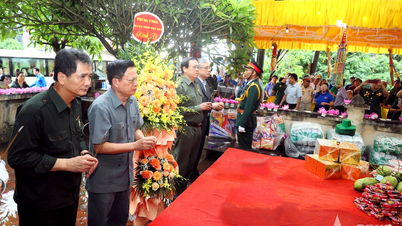
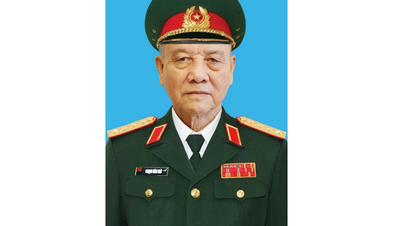


















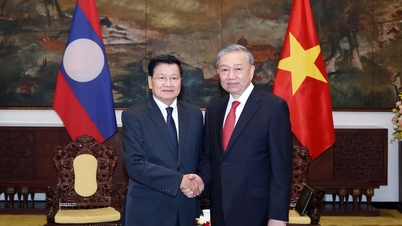

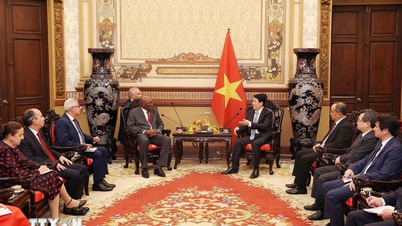


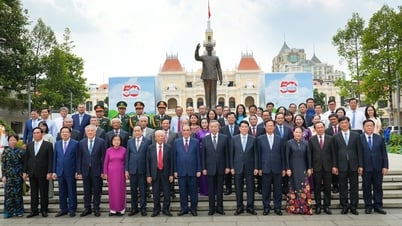





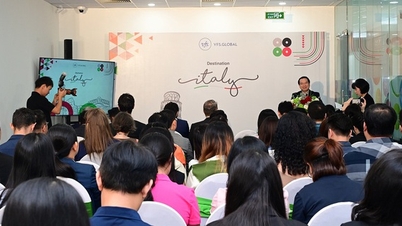

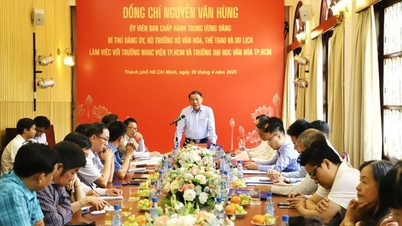
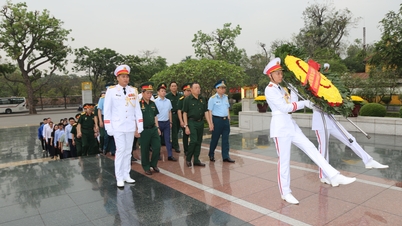





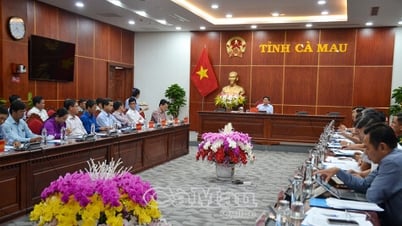

















Comment (0)